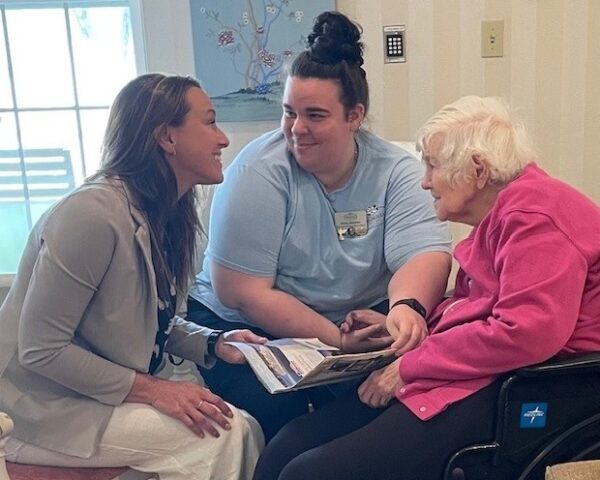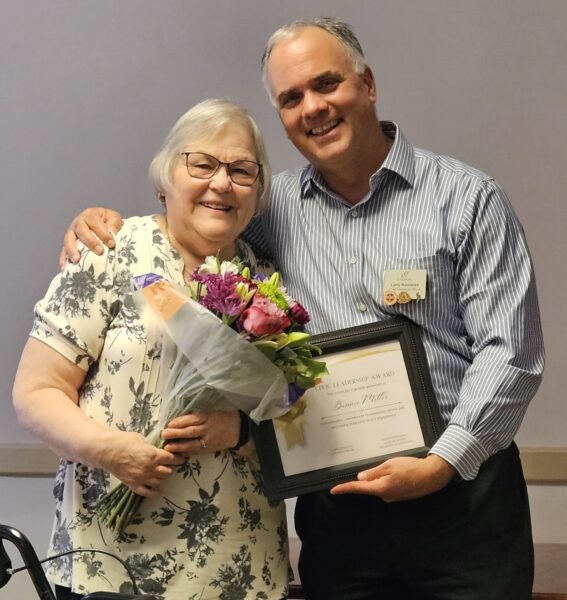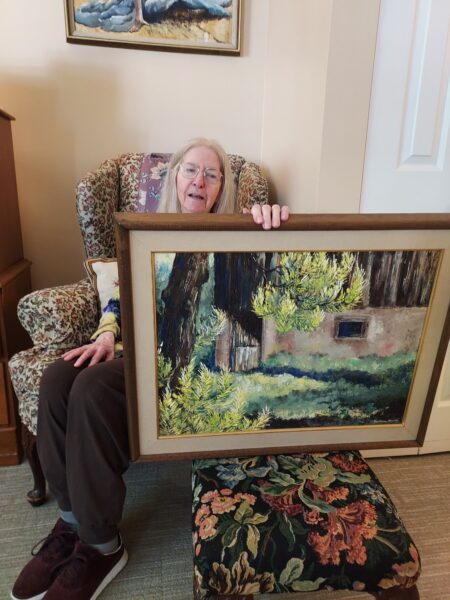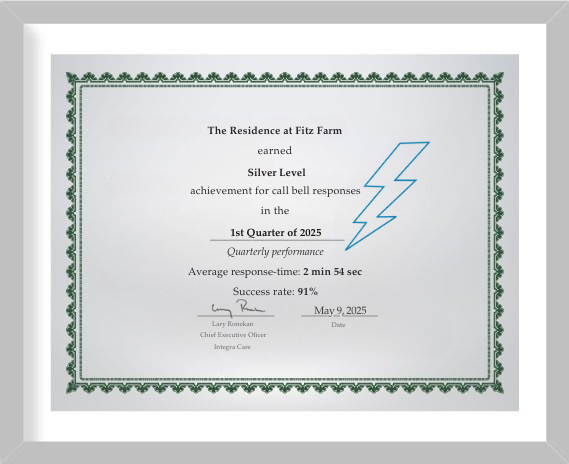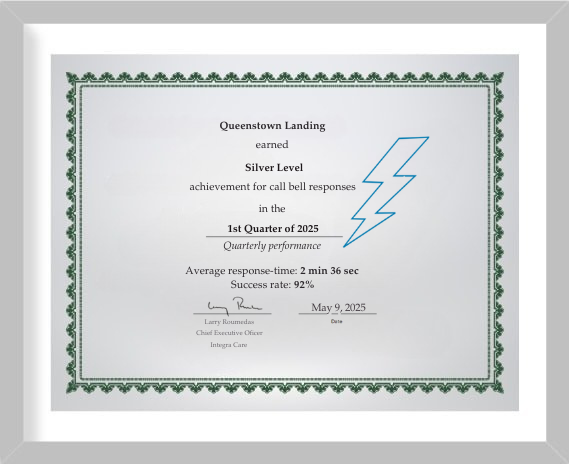
Familiar Face, Fresh Start: Newhaven Court at Lindwood Unveils Enhanced Memory Care Program and Renovations
LifeStories Director Tracy Spallone Draws on Two Decades of Experience to foster a person-centered environment for residents with dementia GREENSBURG, Pa. — Newhaven Court at Lindwood recently opened its newly renovated memory care unit with a familiar and trusted leader guiding the enhanced program. Tracy Spallone, LifeStories Director, brings 21…
Read More
